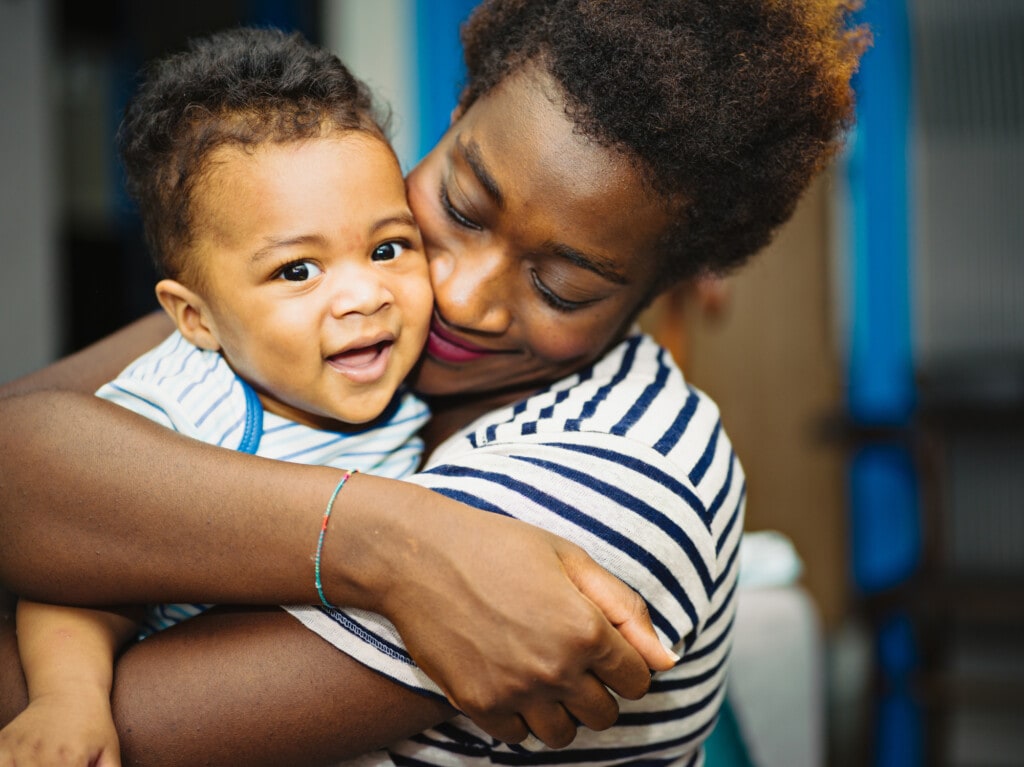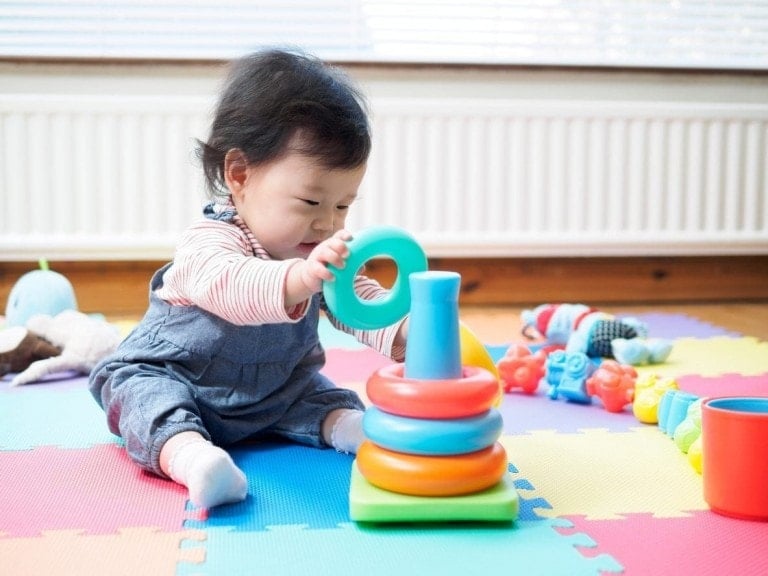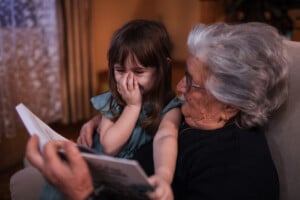Most parents get caught up in the hustle and bustle of life that comes with having children. We constantly find ourselves busy, stressed to the max, and pondering that day’s concerns. We often forget that the most important thing we can do for our children as parents is to give them a simple hug and find other ways to show them affection.
Why Affection Is Important for Our Kids
Over the past 10 years, research has proven time and time again that parental affection toward our children significantly affects their future happiness and health. In 2011, Duke University Medical School researchers found that infants with affectionate and attentive parents grew into happier, more resilient, and less anxious adults.1
This study began when the babies were just 8 months old, assessing their mother’s affection and physical touch. They were tested and rated on a scale to measure affection and attention levels. The participants returned to the study in their 30s and were interviewed about their emotional health. The adults whose mothers showed “extravagant” or “caressing” affection were much less likely to feel stressed and anxious than the others. This is most likely due to the production of oxytocin in the earlier stages of life.1
Oxytocin is a chemical the brain releases when a parent feels love and connection. It has been shown to help parents bond with their children, adding a sense of trust and support between them.4 This bond most likely allows our brain to produce and use oxytocin, causing a child to feel more positive emotions.6
Other key studies into affection have found benefits as well. A 2013 study found that children who experience unconditional love from their parents tend to be happier and less anxious. They believe this is because brain structures can change as a result of receiving affection. We can say the same for lack of affection, and the study also identified that children who experience abuse, neglect, or no affection can have significant physical and mental health issues into adulthood.5 Another study found that adults who reported receiving affection in childhood were happier, more compassionate, and less depressed and anxious.3
Early Bonding Matters
Things have changed in early childhood development, especially right after birth, to help support this bond and connection with babies. Most recently, the practice of skin-to-skin contact with newborn babies has been used more often. Skin-to-skin contact for babies, particularly between mom and baby, can help calm babies and lull them to sleep. This instantly makes them feel secure and loved.6 According to an article in Scientific American, children who lived in a deprived environment, like an orphanage, had higher levels of the stress hormone cortisol than those who lived with their parents. Scientists believe that the lack of physical contact in orphanages is a significant factor in these physical changes.2
It’s Never Too Late
Most of these studies have been conducted since infancy to see the effects over the years. But that does not mean you have run out of time if you didn’t do skin-to-skin with your baby. As we just learned, physical touch and affection toward children greatly influence their behavior, sense of self, and overall mental and physical health. There are plenty of ways to promote affection in your family and household.
In my work, I like to share an idea that I call “Love Taps,” a small “tap” or physical touch from you that can help your child feel affection and connectedness. We can use these little love taps often throughout the day. This concept is so simple in our busy lives but will remind us of those small moments when we can connect to our child on a physical level. Examples include “tapping” their head as they play, rubbing their back as you walk with them upstairs to bedtime, and fitting in that morning hug before they run to catch the bus. These little gestures only take seconds but will accumulate, making your child feel that important connection.
It’s Okay To Remind Yourself To Show Affection
Recently, I watched a clip from the popular “Trolls” movie. The Trolls wore watches with alarm clocks that would go off every hour for “hug time.” My initial reaction was that hugs were becoming a task and less of an instinct. Yet, in today’s world, our watches tell us to take a deep breath! It is just an advanced way of the oven timer reminding us to check on our baking cookies. The difference is that our children do not need to see us reminding ourselves to hug them. Instead, set your reminders mentally or digitally for specific times in your day when you will give a hug, read a story, or snuggle up with them. Even five minutes will do wonders with the bond you are trying to grow with them.
Show Affection Even When Disciplining
Another new wave of parenting style is the idea of positive parenting. I think this concept may hold some hints about how we should speak and act toward our children. Although positive parenting practices focus more on positive ways to phrase boundaries, create discipline, and teach our children, we could take it further by incorporating more affection into our parenting styles.7
You can do this by using affection while you are disciplining your children. How? While explaining how their actions were a poor choice, touch them physically, perhaps with a hand on their shoulder or by holding their hands. This gentle sign of affection will help them focus on you when teaching them about their behavior. It also subconsciously lets them know you are still there for them.
Showing affection to our littles helps them feel connected and secure. At the same time, it teaches them to be affectionate and show empathy and love. These traits are hard to teach children, especially in an age of less physical touch and more screen time. Small, simple gestures of affection will go a long way in a world of less skin-to-skin contact.



































